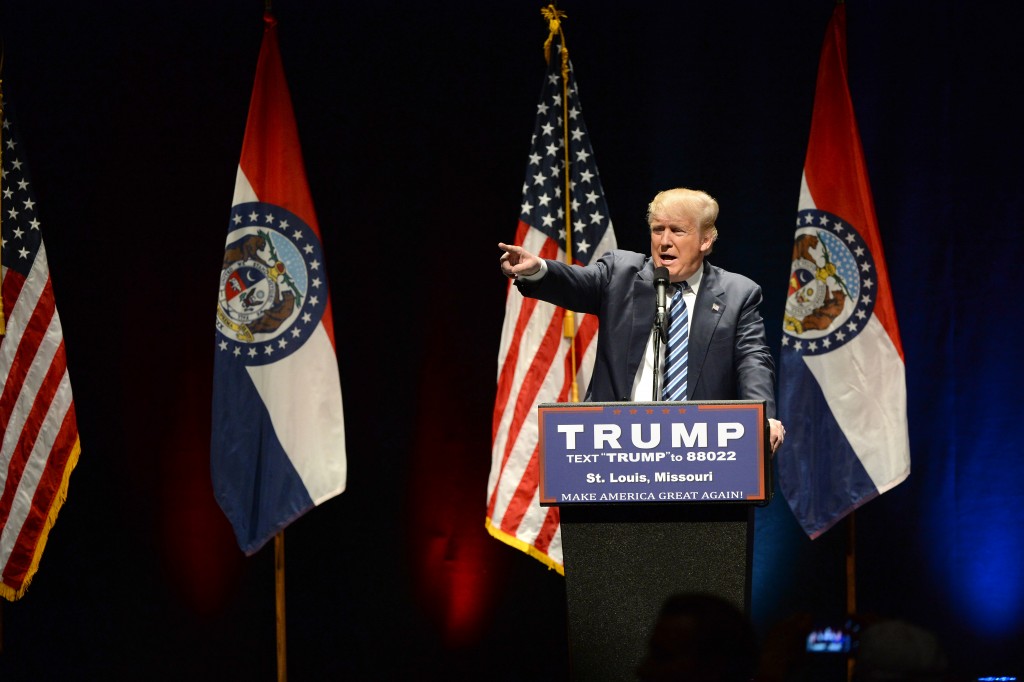Politics vs. Cynicism: Picks of the Week
Old Trump: Mexicans Are ‘Rapists.’ New Trump: They’re ‘Great People!’ | The Daily Beast
Trump Flip Flops on Immigration Again | Outside the Beltway
First Read: Trump’s Stunning Flip-Flop on Immigration | NBC News
I admire politicians—and that’s not a particularly popular point of view. Still, I admire politicians, because the best among them understand how to move society forward. They recognize that working together is essential to solving common problems. They are open minded, flexible—meaning the opposite of doctrinaire—they are pragmatic, and solution oriented.
I value politics—this is the thing practiced by politicians. It is the art of the possible, of balancing competing interests, of compromise, of finding a way to cobble together support for ideas that move society in a certain direction. Politics are essential to getting anything done in a community, especially those that are diverse, whether in terms of racial composition, income stratification, or gender, sexuality, or any other kind of identity.
Well-functioning political systems are essential to the stability of a state. Historian Michael Holt long ago argued that the American Civil War was the direct result of the Great Compromise of 1850 that took politics out of the issue of slavery. Once the issue of slavery could no longer be addressed through political means, war was inevitable. It’s a theory not without its flaws, but it is consistent with Clausewitz’s insight that war is the continuation of politics by other means.
In recent years, American political parties on both sides have found energy not in the pragmatic politics of compromise but in the unflinching orthodoxy of the left and the right: think of the Sanders campaign and the Tea Party, respectively. Politicians have been punished for seeking compromise, for working across the aisle. They’ve faced primary challenges and fundraising difficulties. Activists who see themselves as the purest of the pure, not surprisingly, want to enforce orthodoxy.
Against this backdrop, this week, Donald Trump offered a new approach to immigration that betrayed literally everything he’s campaigned on for over a year. In appearing to embrace so-called “amnesty,” he adopted an approach to immigration from Central and South America that was advocated by some of his Republican rivals, notably Jeb Bush, in the Republican primary and who were savaged for it by Trump.
But unlike the idealized examples of politicians and politics discussed above, it is not clear that Trump is simply exercising a politician’s prerogative to change his mind. Instead, it seems a craven attempt to make his candidacy more palatable to a wider cross-section of Americans. That’s something politicians of all stripes do—but in Trump’s case, it further muddies the waters. The American public simply doesn’t know what he stands for, what he’ll fight for, and what he’ll compromise about. That’s problematic in a candidate for president.
The ideal—my ideal—is the principled pragmatist. Someone who has core values—among them inclusiveness and decency—but not pre-defined policy preferences. The world is a complicated place and issues evolve as facts become known and understanding deepens. A politician changing her mind because of new evidence isn’t a flawed candidate, but one who adjusts his preferred policies for cynical political gain is.

